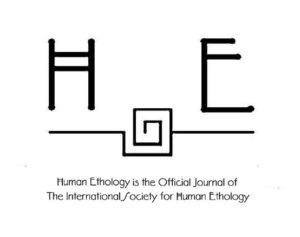Research Article
Human Ethology, Volume 34, 144-158, published October 5, 2019
DOI: https://doi.org/10.22330/he/34/144-158
ABSTRACT
This paper aims to identify the Darwinian and Non-Darwinian influences upon William James’s theory about the naturalization of mind presented on his book Principles of Psychology. This effort intends to include the identification of William James’ original proposals to of a naturalized and scientific approach of Mind. We identified some general aspects of evolutionary ideas in William James’ book on the Principles of Psychology: a) his evolutionary ideas were influenced by his readings of Charles Darwin and Herbert Spencer; b) James assimilates these influences in an original way, reconciling the generality of evolution as a natural phenomenon (inspired by Spencer-Lamarck) with the probabilistic and selective principles of Darwinian evolution; c) James departs from the philosophical problem of intentionality and mental causality to propose a natural theory for the origin of thought as a source of variability, and conscience as a selection agent and efficient cause of habits formation duringt the ontogenesis of organisms; d) James defines two processes for psychogenesis (random variation and adaptation), whose origins are phylogenetic and ontogenetic, respectively; and e) It proposes a material basis (nervous system) and a causal principle (i.e. consciousness forming habits from the selection of reflex instincts and actions) to deal with the evolutionary origin of consciousness as a biological function. We conclude that the Principles of Psychology written by William James incorporates evolutionary ideas that are not exclusively Darwinian.and that James appropriates this matrix of influences and proposes an original enterprise for psychological science, integrating a new probabilistic-selective causal principle, a psychobiological mechanic for consciousness as a unified agent and a biological function, and a comparative perspective that would allow the study of psychological functions in nonhuman animals given the factual generality of zoological evolution.
Keywords: William James, Naturalization of Mind, Darwinism, Evolution and Psychology.
ISSN: 2224-4476

